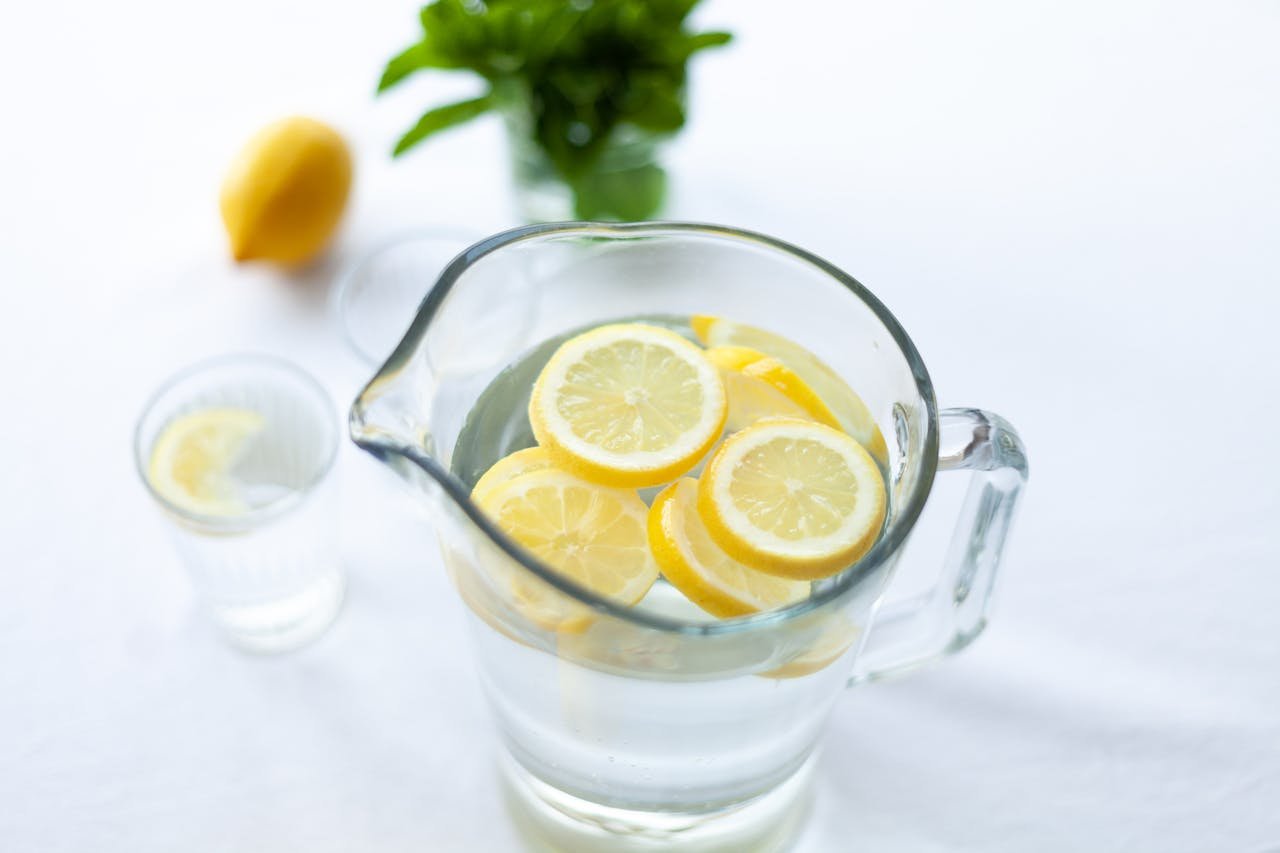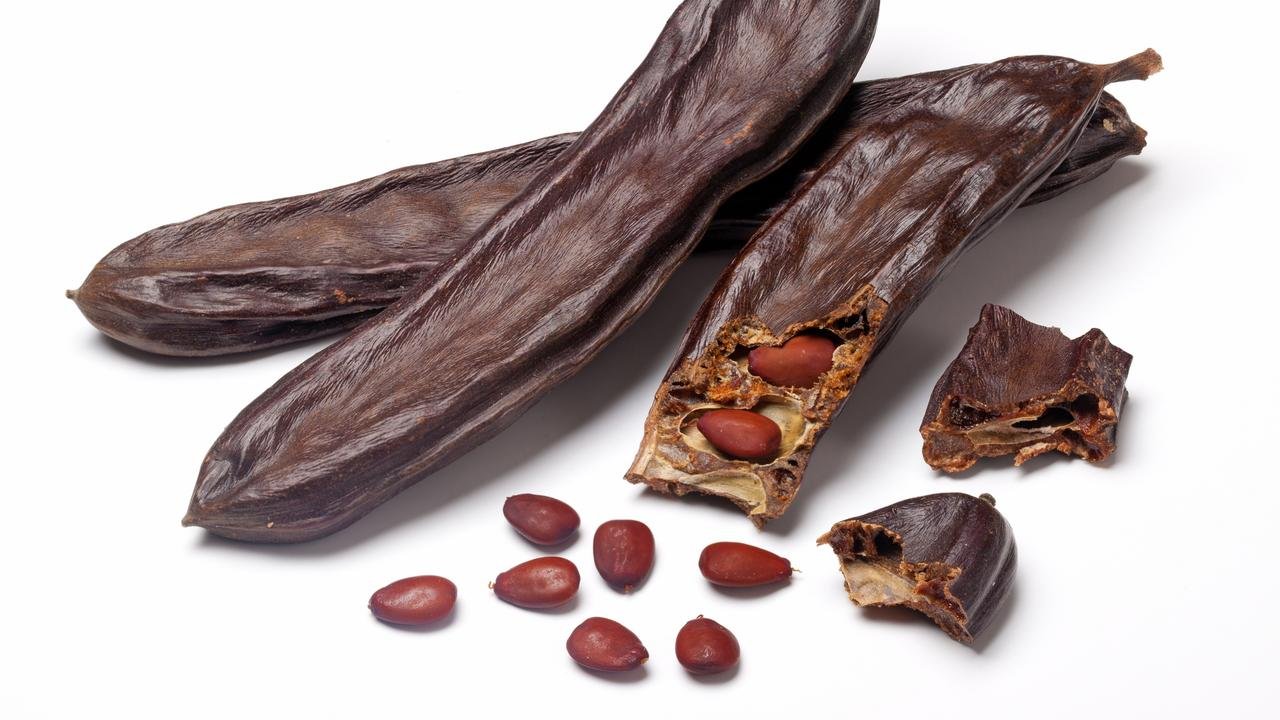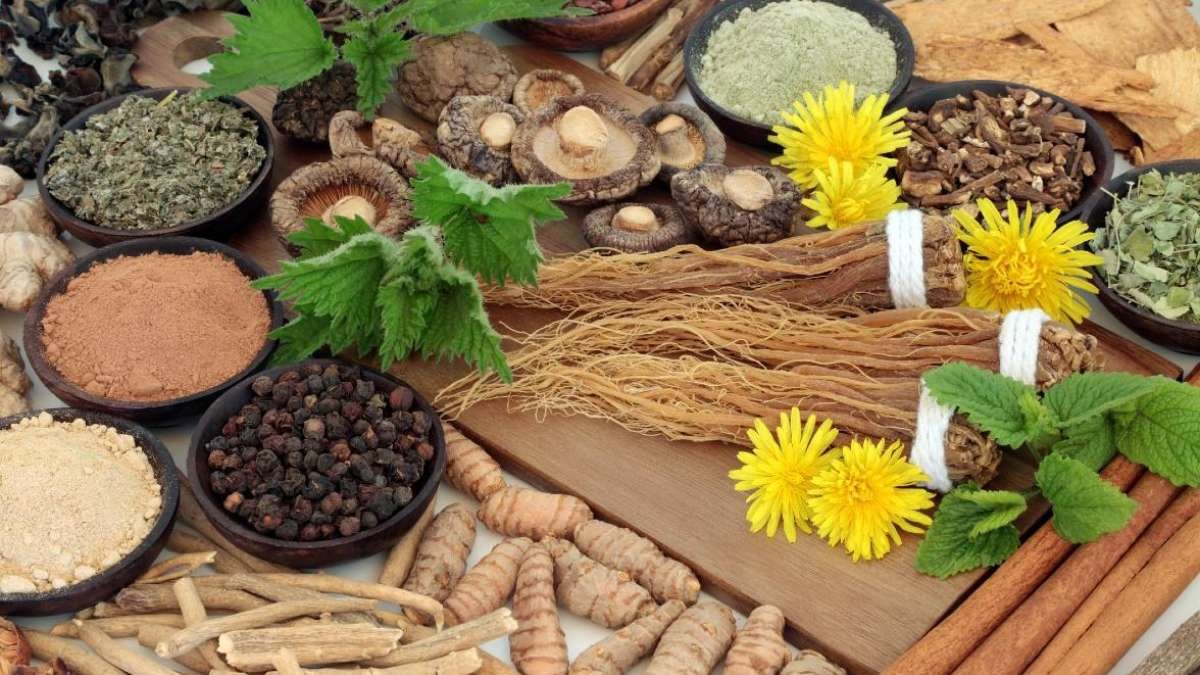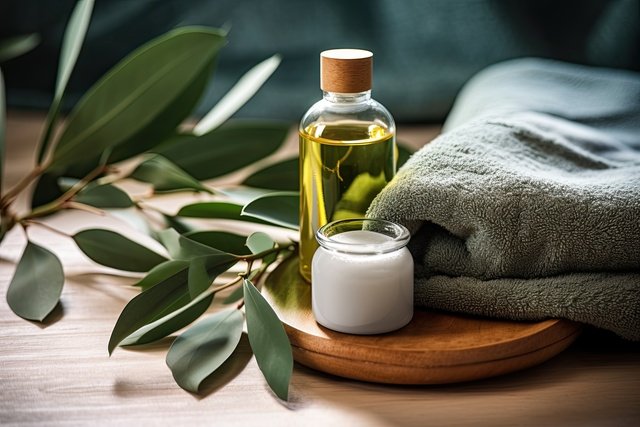Hydration plays a critical role in keeping your body functioning at its best, and its importance in liver health cannot be overstated. The liver, which acts as your body’s detoxification hub, relies heavily on water to carry out its many processes, including filtering toxins, metabolizing fats, and regulating digestion.

When you’re dehydrated, the liver’s ability to detoxify the body becomes impaired, leading to a buildup of toxins, sluggish digestion, and a host of other health problems. Ensuring you stay properly hydrated can enhance the liver’s detoxification process, support overall metabolic function, and promote optimal health.
This article will explore the essential connection between hydration and liver detoxification, explaining how water assists the liver in cleansing the body and offering practical tips for staying hydrated effectively.
1. How Hydration Supports Liver Function
Staying hydrated is fundamental for liver health. Water is not only essential for the liver to carry out its daily functions but also plays a key role in the detoxification process. Here’s how hydration directly impacts liver function.
Assisting in the Filtration of Toxins
The liver filters blood and removes toxins from the body. Water helps thin the blood, allowing the liver to efficiently process waste and toxins, which are then excreted through urine or stool. When you’re dehydrated, this filtration process slows down, causing toxins to build up in your body.
Enhancing Bile Production
The liver produces bile, a digestive fluid that breaks down fats and helps eliminate waste. Proper hydration ensures the liver can produce adequate amounts of bile. Dehydration, on the other hand, can thicken bile, making it harder for the liver to transport waste, which may lead to digestive issues and toxin buildup.
Supporting the Body’s Natural Detox Pathways
Water plays an important role in all of the body’s detox pathways, including the kidneys, skin, and intestines. When the liver detoxifies substances, those toxins must exit the body through urine, sweat, or bowel movements—all of which require proper hydration. Without enough water, these detox pathways can become sluggish or blocked.
2. Signs You May Be Dehydrated
It’s important to recognize when your body is not getting enough water, as dehydration can quickly affect liver function. Here are the common signs of dehydration that could impact your liver’s detox ability:
Dark Yellow Urine
One of the first indicators of dehydration is dark-colored urine. When you’re properly hydrated, your urine should be light yellow or clear. If it’s darker, it’s a sign that your body is holding onto water, making it more difficult for the liver to flush out toxins.
Dry Skin
Dry, flaky skin is another sign of dehydration. When your body lacks sufficient water, it cannot efficiently remove toxins through sweat, and this can result in dry skin or even more severe skin conditions like eczema.
Fatigue and Dizziness
Dehydration can lead to fatigue because your body, including the liver, has to work harder to carry out essential functions. This can also cause feelings of dizziness or light-headedness, especially after physical activity.
Constipation
Without enough water, digestion slows down, leading to constipation. This can further impair the liver’s ability to eliminate toxins through bowel movements, causing those toxins to recirculate in the body.
3. How Much Water Does Your Liver Need?
The amount of water each person needs can vary depending on factors like age, activity level, and climate. However, a general guideline for optimal hydration is to drink at least eight 8-ounce glasses of water per day—commonly referred to as the “8×8 rule.” Here’s a deeper look into how much water your liver needs to function properly.
Standard Water Intake Recommendations
For most adults, a minimum of 2-3 liters (or about 64-96 ounces) of water per day is recommended. This amount is sufficient to keep the liver functioning well, flushing out toxins, and maintaining proper bile production.
Factors That Increase Water Needs
Some conditions may require you to drink more water than the standard recommendation. For example, people who exercise regularly, live in hot climates, or consume a high-protein or high-sodium diet may need to increase their water intake to avoid dehydration. Additionally, alcohol and caffeine consumption can dehydrate the body, further increasing your water needs.
Hydrating Foods for Liver Health
Water-rich foods such as cucumbers, watermelon, oranges, and leafy greens can supplement your water intake and provide additional hydration. These foods not only hydrate but also contain vital nutrients and antioxidants that support liver detoxification.
4. Best Practices for Staying Hydrated for Liver Health
Maintaining proper hydration doesn’t have to be difficult. By adopting a few simple habits, you can ensure your liver is well-supported and able to detoxify efficiently.
Start Your Day with Water
Drinking a glass of water first thing in the morning helps jumpstart your body’s detox processes. After a night of rest, your body is often dehydrated, and drinking water immediately rehydrates your cells and assists the liver in flushing out toxins that have built up overnight.
Incorporate Herbal Teas
Herbal teas like dandelion root, milk thistle, and green tea offer a hydrating and detoxifying boost for the liver. Dandelion root and milk thistle, in particular, have been shown to support liver function, while green tea contains catechins, which help the liver break down fats.
Infuse Water with Citrus
Adding lemon or lime to your water not only makes it more refreshing but also provides vitamin C and antioxidants that support liver detoxification. The citric acid in lemons helps stimulate bile production, aiding the liver in flushing out toxins.
Use Hydration Apps
If you find it challenging to remember to drink water, hydration apps can be a helpful tool. These apps remind you to drink water throughout the day and track your water intake, making it easier to meet your hydration goals.
5. Other Fluids that Benefit Liver Detoxification
While water is the primary fluid your body needs for hydration, there are other beverages that can support liver detoxification and enhance hydration.
Coconut Water
Coconut water is an excellent hydrating drink that is rich in electrolytes like potassium and magnesium, which help maintain fluid balance in the body. Its natural sugars can provide an energy boost without overwhelming the liver with toxins like processed sugary drinks do.
Beet Juice
Beets contain betaine, a compound that helps the liver break down fats and reduce fatty deposits in the liver. Drinking beet juice can provide an added detoxifying benefit while hydrating the body.
Bone Broth
Bone broth is rich in amino acids like glycine, which supports liver detoxification and helps repair damaged liver cells. Its high water content makes it a hydrating option that provides additional nutrients beneficial for liver health.
6. The Importance of Hydration in Alcohol Detox
For individuals who consume alcohol, hydration becomes even more essential in maintaining liver health. Alcohol places significant strain on the liver, and drinking water can help mitigate some of the negative effects.
Flushing Out Alcohol Toxins
Alcohol is processed in the liver, where it’s broken down into toxins such as acetaldehyde. Staying hydrated helps the liver metabolize alcohol more efficiently and flush these toxins out of your system faster.
Preventing Dehydration from Alcohol
Alcohol is a diuretic, meaning it increases the production of urine, leading to dehydration. Drinking water alongside alcohol can help offset this effect and reduce the risk of liver damage caused by dehydration. A general rule of thumb is to drink a glass of water for every alcoholic beverage consumed.
Hydration and Hangovers
Hangovers are often the result of dehydration caused by alcohol consumption. By staying hydrated before, during, and after drinking alcohol, you can reduce the severity of a hangover and help your liver recover faster from the strain of processing alcohol.
Conclusion
Proper hydration is essential for liver detoxification and overall health. Water aids in the liver’s ability to filter toxins, produce bile, and support the body’s natural detox pathways. Without enough water, these processes become impaired, leading to toxin buildup and poor liver function.
By drinking enough water, incorporating hydrating foods and beverages, and adopting daily hydration habits, you can support your liver’s detoxification processes and maintain optimal health.









